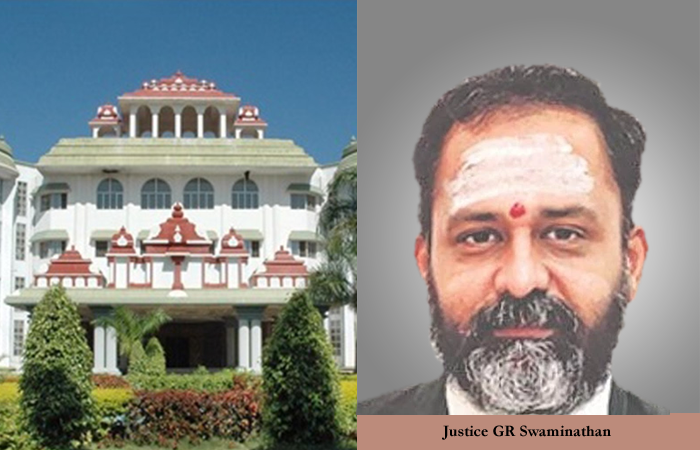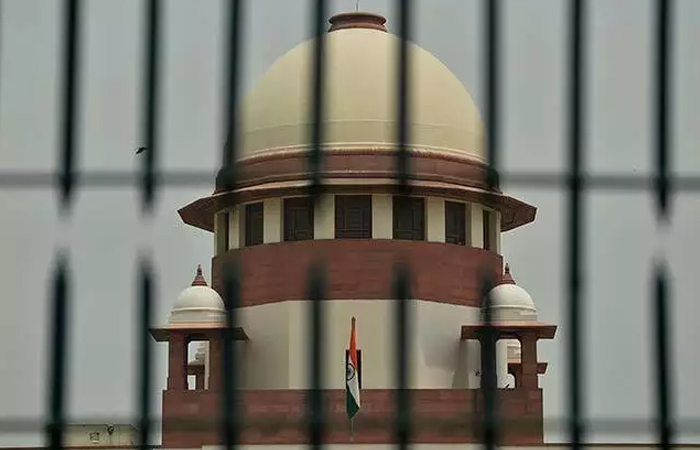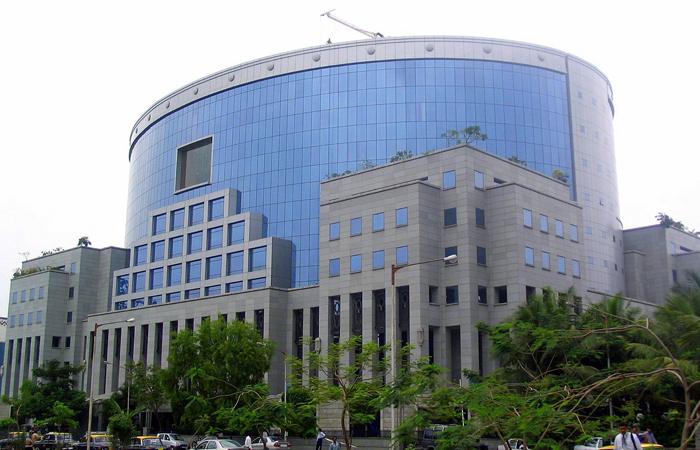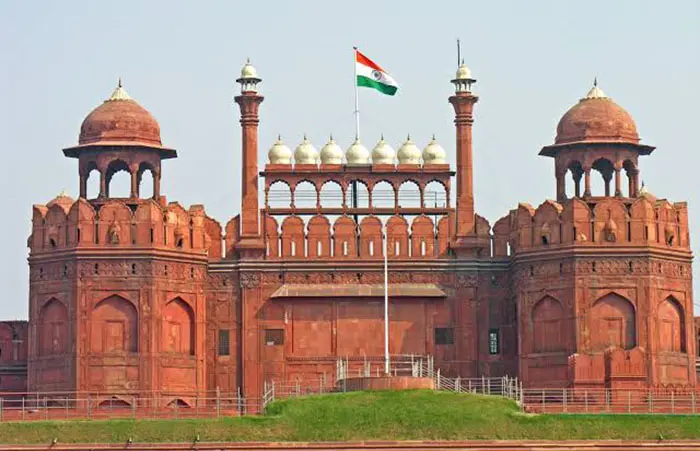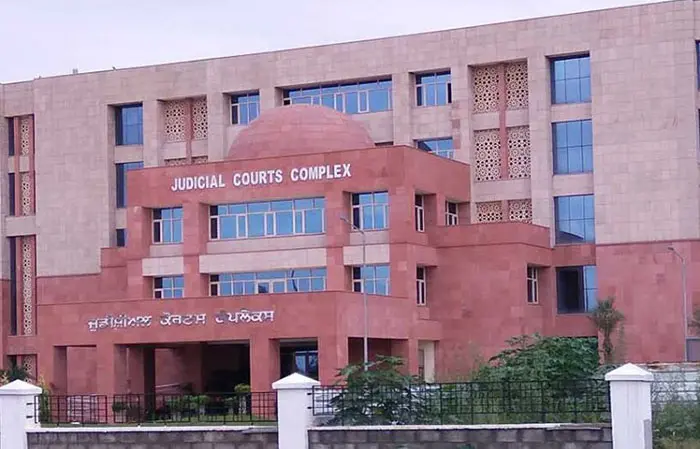Fast-track courts are in the limelight yet again. Smriti Irani, Minister for Women and Child Development, informed the Rajya Sabha that the government has proposed to set up 1,023 fast-track courts to clear the cases under the Protection of Children from Sexual Offences (POCSO) Act.

News and Blogs
- /
- Articles and Blogposts /
- News and Blogs
Discussions around performance evaluation procedures for judges in India start with emphasising the need for judicial accountability, but suggestions for evaluation of the higher judiciary often get stonewalled against arguments on judicial independence.
The Supreme Court of India recently released its Annual Report for the year 2017-18. For those interested in judicial statistics for the High Courts, this is considered to be one of the few sources where one can find information regarding the nature of cases instituted, disposed, and pending in all the High Courts.
The recent Supreme Court judgment in Caretel Infotec. Vs. Hindustan Petroleum Corporation Limited (Civil Appeal No. 3588 OF 2019) highlighted the problem of excessive litigation challenging public sector tenders.
An overwhelming number of judicial positions in subordinate court are vacant and the Supreme Court is pressuring state authorities and the High Courts to fill these vacancies. The Court has sought their opinion on establishing a central selection system for appointing district judges.
A recent news report indicated that the NITI Aayog is working on a proposal to introduce performance reviews for judges across the country.
Imagine a scenario where a judge is armed with advanced analytics and artificial intelligence tools to handle each case on his/her docket.
The report suggests boosting the current strength of judges from 143 to 186 to clear all the pending cases in one year
Congress’ election manifesto opens debate on much-needed reform in Indian judiciary but promises have seldom turned into government action.
We often hear of courts in India listing around 100 cases a day for hearing, how often do we hear of a court listing over 500 cases a day?
In a 2018 judgment with far-reaching repercussions for litigants and lawyers, a three-judge Bench of the Supreme Court in Asian Resurfacing of Road Agency Private Limited v Central Bureau of Investigation (2018 SCC Online 310) has restricted the duration of stays in both criminal as well as civil trials to six months.
In a speech on July 14, 2018, months before his swearing in as the Chief Justice of India, then-Justice Ranjan Gogoi spoke of the need of the judiciary to improve the efficiency on a day-to-day basis, and emphasised the need to adopt tools for that purpose.

-
Rule of Law ProjectRule of Law Project
-
Access to Justice SurveyAccess to Justice Survey
-
BlogBlog
-
Contact UsContact Us
-
Statistics and ReportsStatistics and Reports
© 2021 DAKSH India. All rights reserved
Powered by Oy Media Solutions
Designed by GGWP Design

